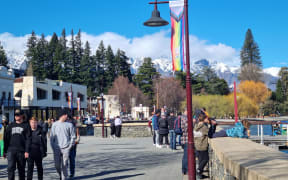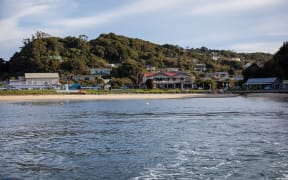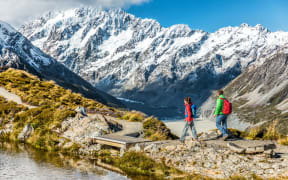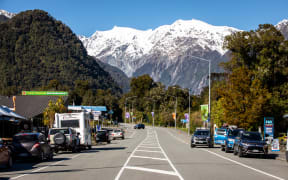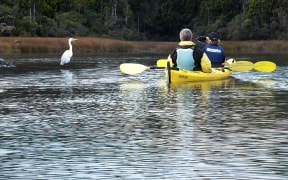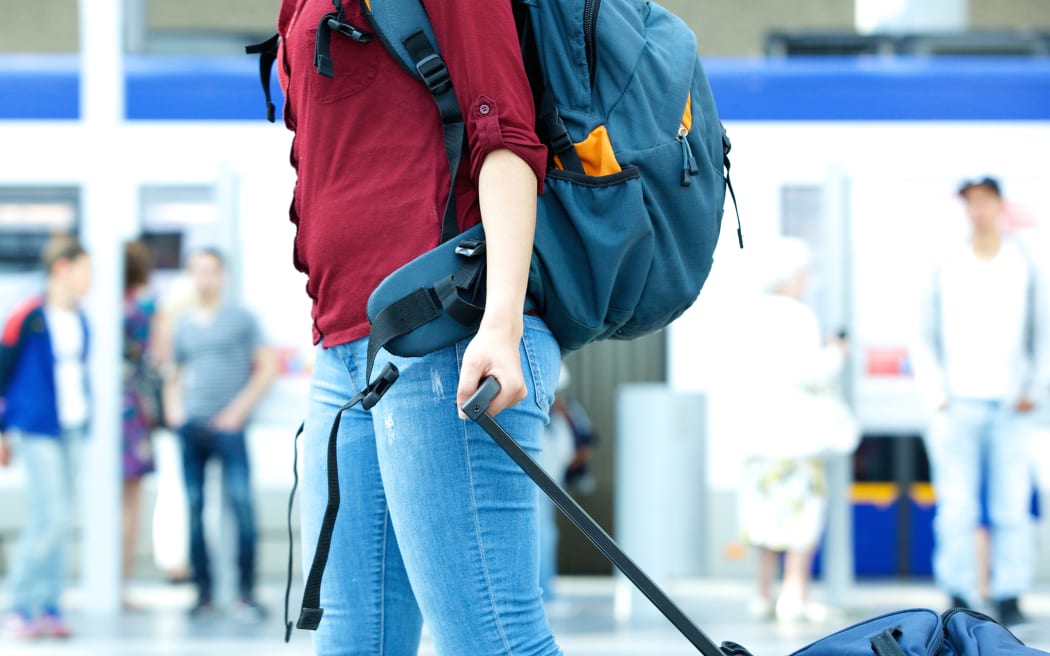
One operator said it had been a "hellish" few years for those in the backpacker and youth tourism industry. Photo: 123RF
Backpacker bookings are looking healthy but the industry is worried it is on the back foot following multiple closures and ongoing staffing shortages.
More than half of hostels were lost during the pandemic.
Government figures show national bed numbers dropped to just under 12,000 as of last month after sitting around 27,370 in 2019.
It has been a few years many in the backpacker and youth tourism industry would like to forget.
Haka Tours and ANZ Nature Tours general manager Eve Lawrence described them as hellish, but said there were brighter days ahead with decent demand.
"It's going to be a challenging summer this one. But we're definitely looking in a positive space in terms of the rebuild. We just need a bit of help and we do have some challenges to overcome."
That included dealing with the increasing cost of operating.
"We're seeing anywhere between 10 and 25 percent increases across accommodation providers. Understandably, you know, they're having to pay their staff more, they're paying, I think it's around 34 percent more for food, they've got higher operational costs themselves so that is obviously being reflected in their rates to us."
While the demand is there, but they have been turning away tours regularly because of staff shortages.
"I would probably say we're turning away three to four quotes a week at the moment so it's a good chunk of business.
"But we simply do not have the resource to manage that on the road. There's no point accepting it and delivering a poor experience."
JUCY was decimated when the pandemic struck, its rentals business was put into receivership and its JUCY Snooze was bought by Australian business, EVT.
JUCY co-founder Tim Alpe, now the managing director of LyLo, has opened a new lifestyle budget hotel in Auckland this week, offering sleeping pods, private double rooms and private ensuite rooms.
"Really born, I suppose, out of the pandemic to a certain degree and we've sort of changed our offering to really suit what we think is going to be the next iteration in terms of budget accommodation in New Zealand and beyond."
JUCY Snooze hotels in Christchurch and Queenstown will be rebranded LyLo.
The industry was resilient and those remaining were eager to welcome their guests back, Alpe said.
"The big challenge is going to be with all these people coming back and is there capacity to be able to handle them, so putting on 300 beds that we're doing in Auckland, it's a small step but it's a good step in the right direction."
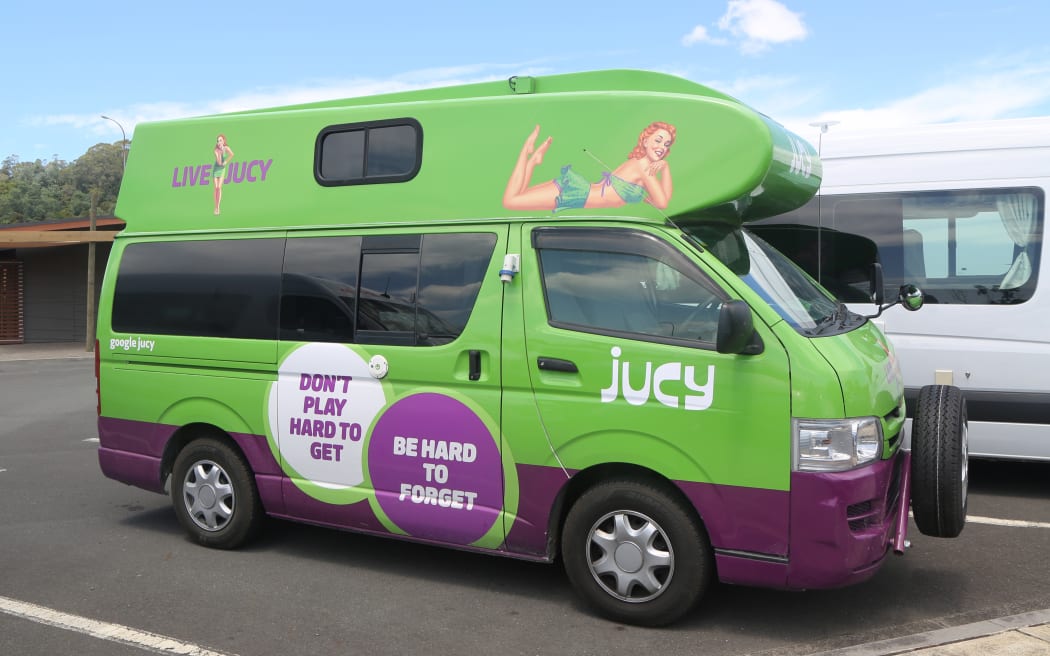
JUCY's rental business was put into receivership when the pandemic struck. Photo: 123RF
Adventure Hostels NZ managing director Brett Duncan operates two hostels in Queenstown and has been completely renovating a former Wānaka hostel to bring it into the fold.
Forward bookings and occupancy rates have been strong, but that was because many hostels didn't survive the last few years, he said.
"We lost so much of the industry that the industry is now under-saturated in many, many parts of the country.
"So with less competition, it's a lot easier to springboard a new business forward and so we're taking the punt."
But high compliance, set up and other costs would likely deter others from taking the risk, he said.
He estimated it would cost about $1.5 million to $2m to start from scratch and turn an empty shell of a building into a 50-60 bed hostel.
"To renovate an existing hostel of the same size and bring it up to current code, you're probably looking at $1 million to $1.5 million, and when these businesses would then turn over $600,000 to $700,000 a year with profits of maybe $150,000 to $180,000 if it's pretty well run. You start looking at a very long time to get your investment back."
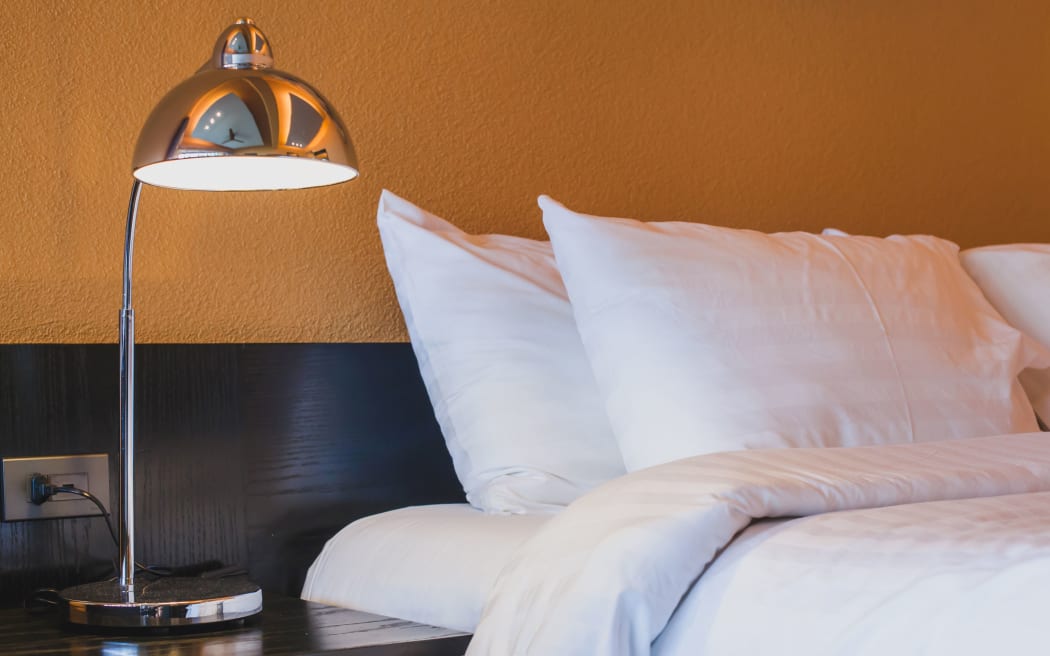
Accommodation providers are facing increasing operating costs. Photo: 123RF
Backpacker Youth Adventure Tourism Association chair Chris Sperring said the price of airline seats was a concern for the industry.
"Our markets are young, youth, backpacker, and they'll pick up the cheaper flights into New Zealand, which are now extremely expensive - the ones that are left.
"So demand is outstripping supply, but there's real capacity constraints to allow that crisis resilient traveller to come back."
It would be tougher for the regions to recover, he said.
"Those outliers, such as Franz Josef on the West Coast, they'll take the longest to recover, I'd suggest, because of their location.
"It's an amazing place to go and visit. But yeah, getting things back online in that community is proving quite tough."
He believed the industry had a promising future, but said it would take time to bounce back.
"It's certainly going to take another year or 18 months to get to a level where we can provide the service levels that we did pre-Covid and the satisfaction levels that we had."
